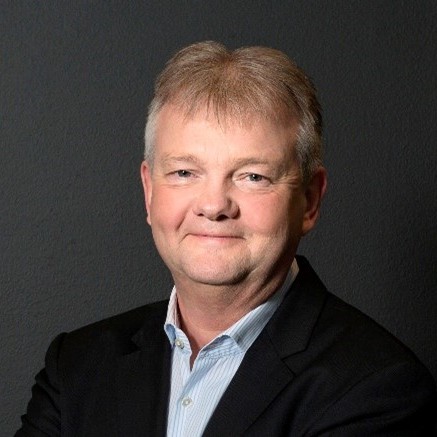
Morten Munk’s focus and success in making pharmaceutical products available for patients, is founded on more than 30 years of industry experience in biopharmaceutical development and manufacturing, which has made him a globally recognized technical expert in the field.
One common denominator for his work has been to use his business and quality mindset in combination with a broad perspective on biomanufacturing, to support all stages of development and the full supply chain of high-quality pharmaceuticals. This includes experience in addressing the areas critical for commercial manufacturing during the process development and subsequent scale-up stages, as well as handling drug product operations and distribution aspects.
Morten holds a position as Director, Global Alliance Management at FUJIFILM Diosynth Biotechnologies (FDB), supporting the strategic partnership collaboration with several FDB’s key partners.
Before joining FDB in 2020, Morten worked at NNE as Global Technology Partner since 2015. In 2001 he co-founded CMC Biologics (now AGC Biologics), after working 14 years at Novo Nordisk.
Morten is active in the biopharmaceutical community as member of scientific committees for various international conferences and as volunteer in international industry organizations such as PDA, ISPE and BPOG. Moreover, Morten has served as Chair of PDA Biotechnology Advisory Board, and is member of the Advisory Board for Master studies at Copenhagen University.
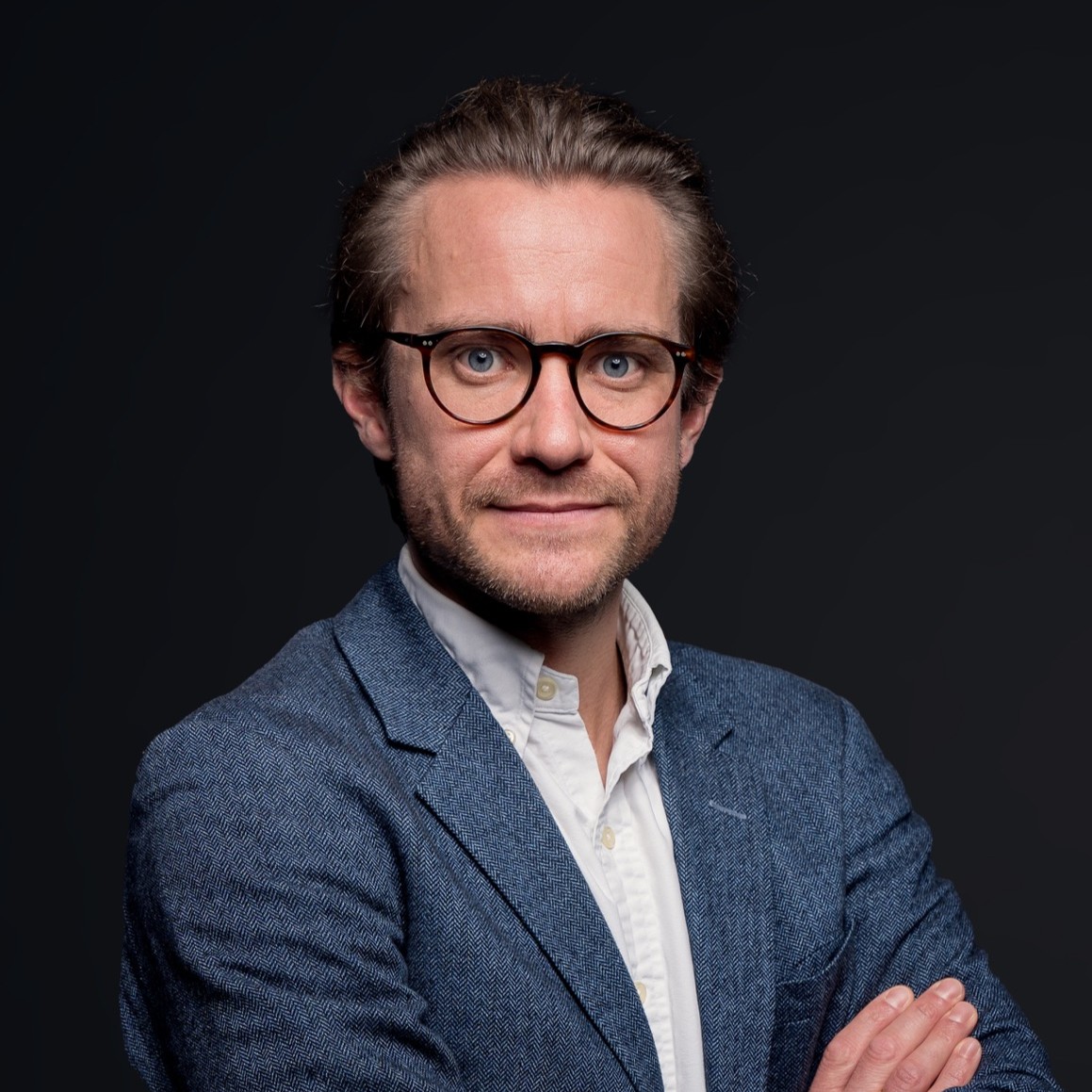
Professor & Head of Section
Technical University of Denmark
Gastrointestinal infections are commonly caused by pathogenic bacteria whose virulence factors disrupt epithelial integrity, gut microbiota, and fluid balance, leading to severe diarrhoea. While antibiotics reduce pathogen load, they often damage beneficial microbiota and promote antimicrobial resistance. This presentation introduces an alternative strategy using orally delivered divalent single-domain antibodies (based on VHHs) that selectively neutralize bacterial virulence factors in the gut. In vivo studies in piglet and murine models demonstrate protection against major enteric pathogens while preserving gut barrier function and microbiota health.
Professor Andreas Hougaard Laustsen-Kiel heads the Section for Biologics Engineering at the Department of Biotechnology and Biomedicine at the Technical University of Denmark (DTU). He is a leading expert in antibody technologies, specializing in the discovery of antibodies against toxins. Andreas is a co-founder of several biotech companies and spinouts, including Biosyntia, VenomAb, Antag Therapeutics, Chromologics, VenomAid Diagnostics, Agrobiomics, Combotope Therapeutics, Y-king Biologics, and Bactolife. He received his Dr.techn. (higher doctorate) in 2026 from DTU, his PhD in 2016 from the University of Copenhagen, and his M.Sc.Eng. in 2012 from DTU. His work has been widely cited, recognized, and awarded with prizes such as the Silver Medal for Excellent Basic Research in 2023 (Royal Danish Academy of Sciences and Letters) and the Elite Research Award in 2025 (Ministry of Higher Education and Science).
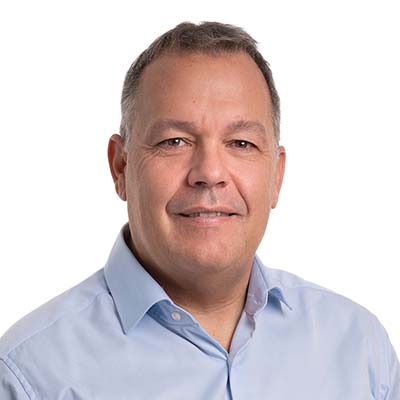
Co-Founder & CEO
Alphalyse
Regulators increasingly emphasize total process understanding from development to commercial scale. With 75% of FDA rejections tied to CMC shortcomings, LC-MS-based impurity analysis is key to a regulatory-ready, data-driven purification strategy.
Thomas Kofoed holds a PhD in Organic Chemistry and a BSc in Business Administration. He has 20+ years of management experience in the biotech industry and has developed protein analyses and mass spectrometry methods in the research & development of protein biologics.
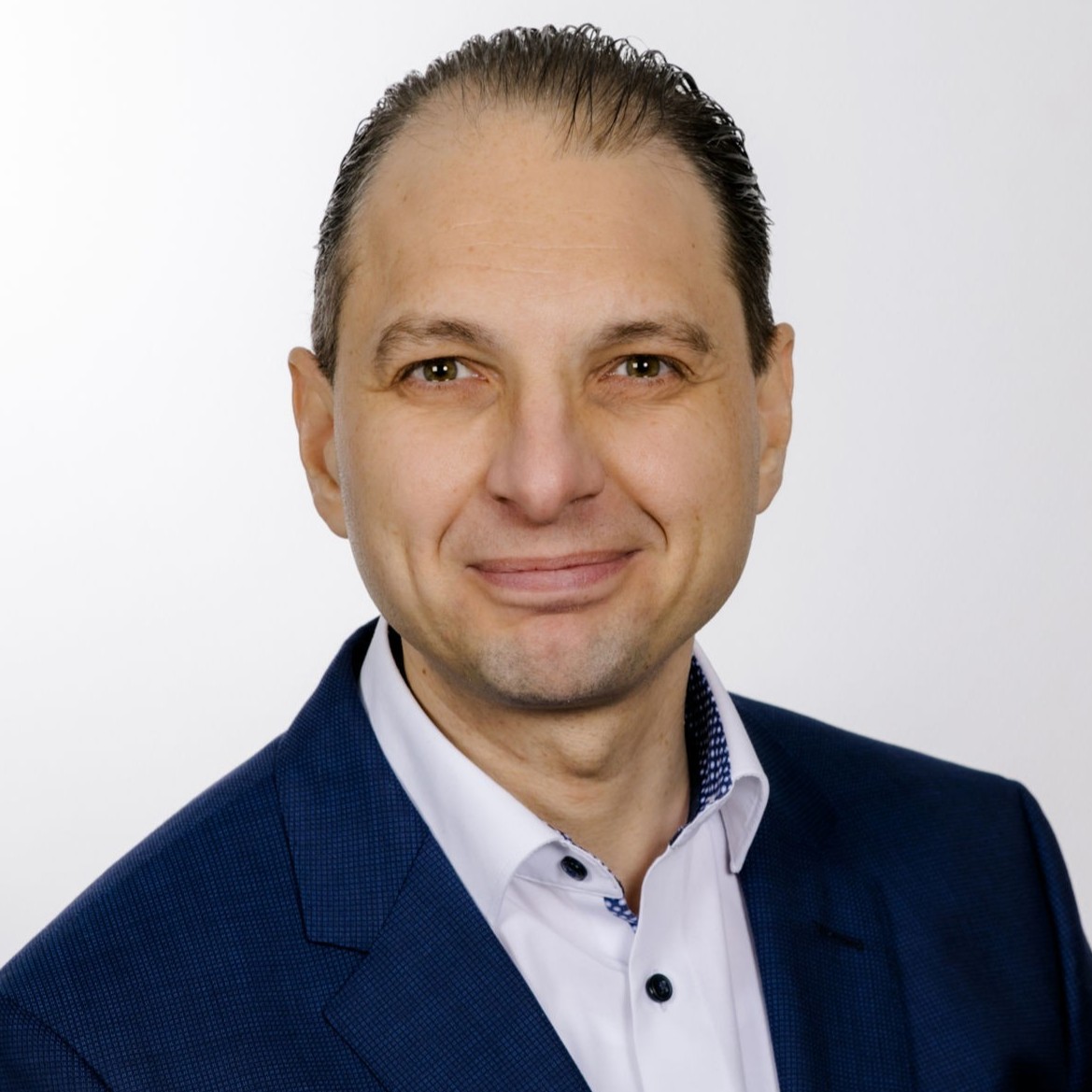
Senior Project Manager Intermediates for Pharma & Biopharma
Midas Pharma
A short lecture on scaling peptide production from laboratory scale to multi-kilogram GMP batches. The process involves substantial challenges, including process transfer, purification throughput, analytical robustness, alignment of quality systems, storage, waste treatment and cleaning. An integrated project management reduces complexity, lowers risks, and speeds up timelines while upholding regulatory expectations and preparing for commercial production. End‑to‑end peptide development and manufacturing support is provided by selecting and coordinating the most suitable CDMO partners for each stage of a project.
Dr. Alexandru Gheorghe is a Senior Project Manager – Intermediates for Pharma and Biopharma at Midas Pharma GmbH, bringing a strong background in synthetic chemistry and extensive expertise in project management, process development, scale‑up, technology transfer, and GMP manufacturing of intermediates and APIs. He has over 18 years of experience in the pharmaceutical industry, having held key technical roles in small‑molecule development, highly potent compounds, amino acids, and peptide synthesis at Evonik and CordenPharma. At CordenPharma, as Head of Technology and Supply Chain, he oversaw the design, construction, commissioning, and qualification of a multi‑kilogram GMP peptide production facility.
In his current role at Midas Pharma, he manages strategic customer projects focusing on small molecules and peptides and leads cross‑functional collaboration across R&D, manufacturing, procurement, and commercial teams to deliver optimized supply‑chain solutions and high‑value strategies that improve API cost competitiveness, enhance supply reliability, and create differentiated value that supports customers’ long‑term commercial success.
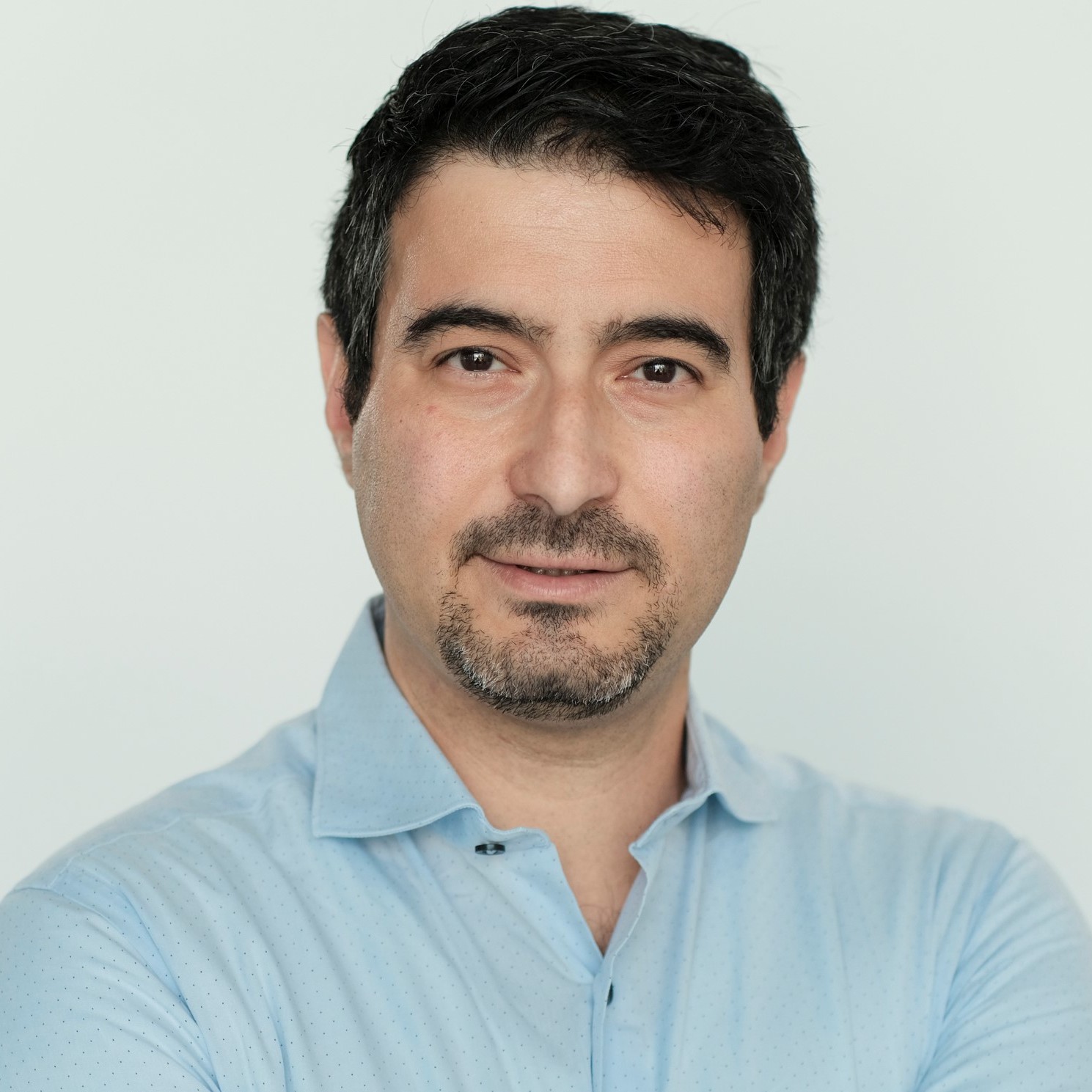
Senior Segment Manager Biopharma-Biotech
Hamilton Bonaduz AG – Process Analytics
Real-time glucose control is the pivot point for autonomous biomanufacturing. Hamilton Process Analytics introduces GlucoSense, a mid-IR ATR sensor engineered to eliminate the drift and maintenance inherent in legacy enzymatic and Raman-based PAT. By providing continuous, in-situ monitoring without daily sampling loops, GlucoSense facilitates robust feed-on-demand strategies in high-density perfusion (50M cells/mL) and fed-batch mammalian processes.
Validated against offline reference analyzers, this calibration-light solution achieved an RMSE of ±0.3 g/L over 21 days, remaining unaffected by metabolite spikes or biofouling. This technology bridges the gap between R&D and GMP manufacturing by reducing the analytical bottleneck and ensuring metabolic consistency. GlucoSense represents a definitive step toward Quality-by-Design (QbD), offering the uninterrupted visibility required to optimize product yield and scale-up reliability in intensified bioprocessing.
Giovanni Campolongo is a Senior Market Segment Manager at Hamilton Bonaduz AG’s Process Analytics Business Unit. Giovanni specializes in business development across Biotech, Pharma, and Food sectors. His multifaceted role spans product strategy & development, sales coaching, and hands-on customer support. As a GMP coach, Giovanni guarantees that process analyzers align with key regulations, including GAMP 5 and CFR 21 Part 11. With his efforts, he contributes to Hamilton Process Analytics’ mission: pioneering sensor technologies to solve biopharma challenges.
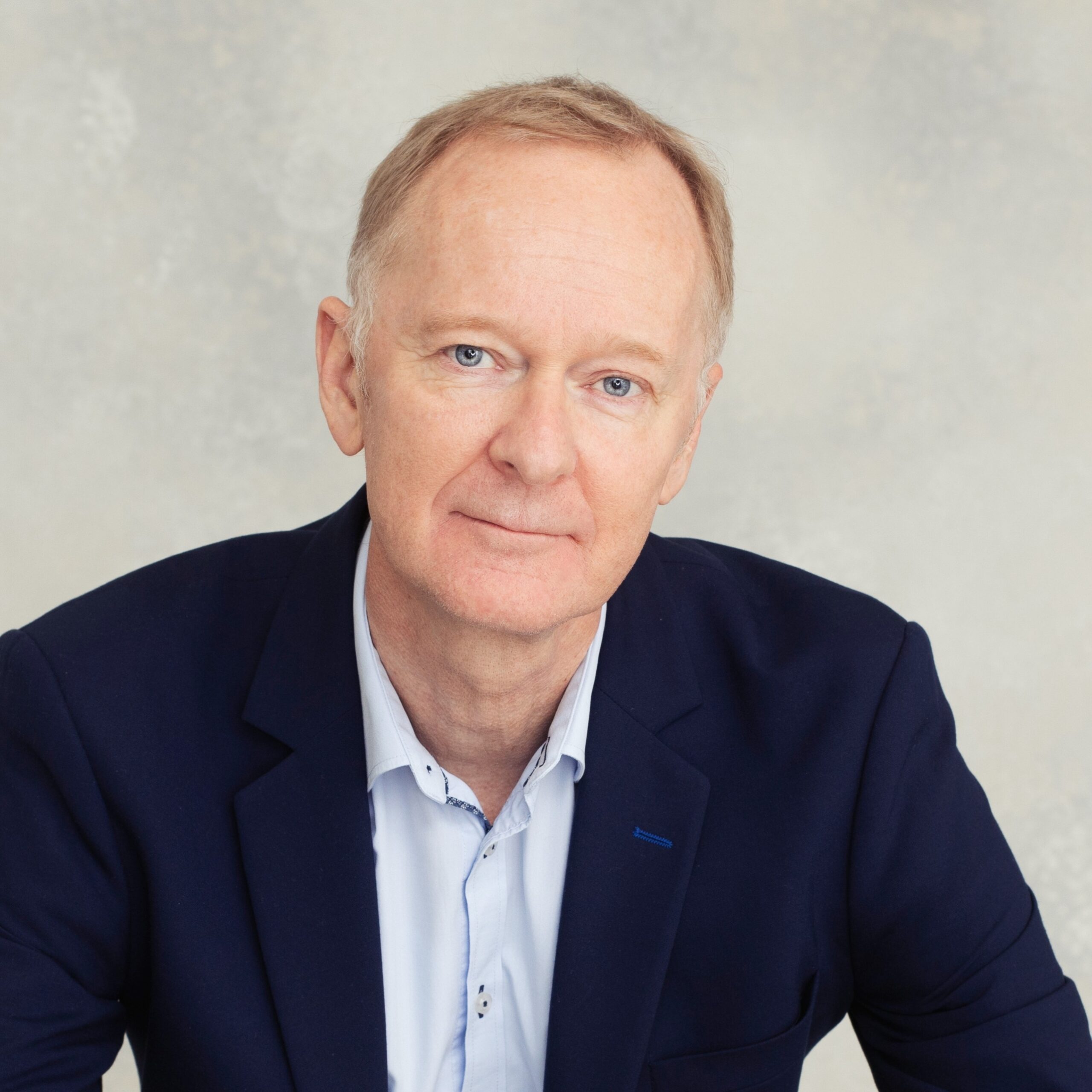
Senior Vice President CMC
Myricx Bio
More info coming soon.
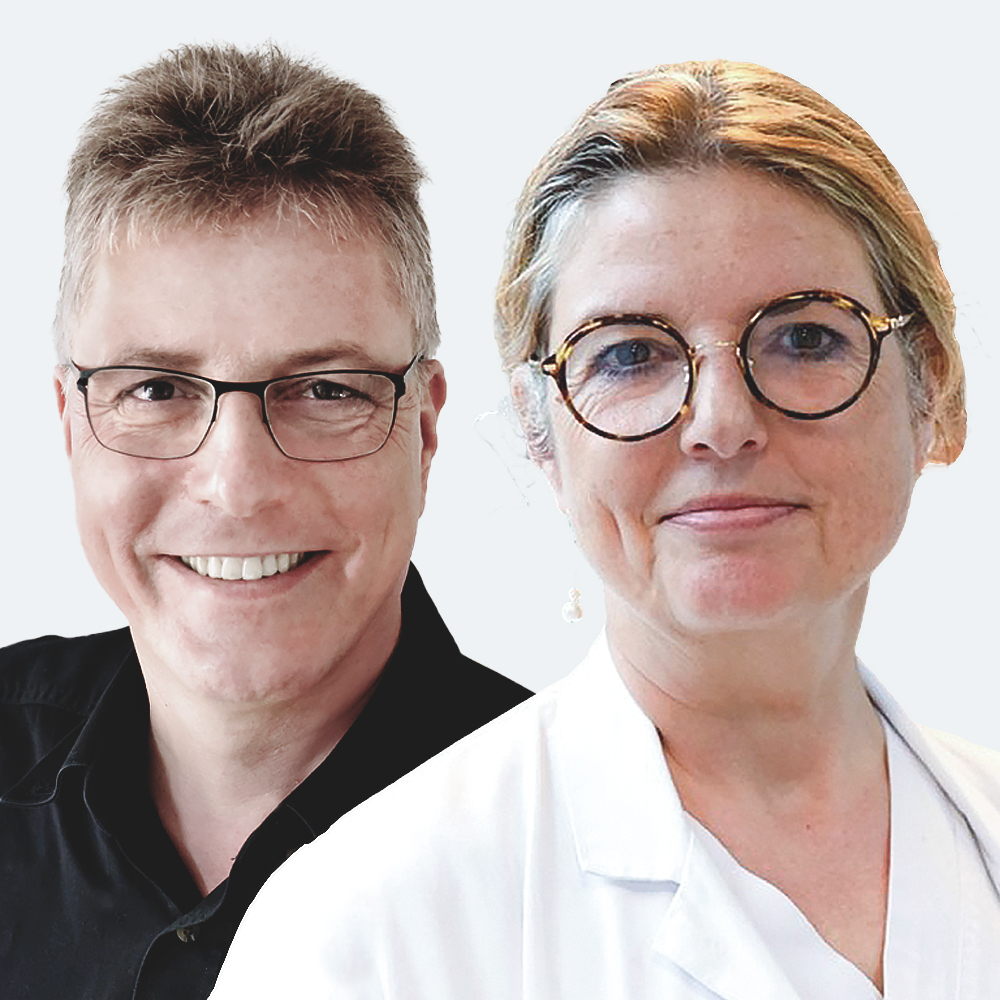
Owner
HCP Life Science Innovation
Consultant Neurologist, Professor
Lund University
Skåne University Hospital
High-quality biological samples are the foundation of reliable and reproducible life science research. However, maintaining sample integrity during long-term storage remains challenging. Temperature fluctuations, manual handling, ice formation, misplaced vials, limited traceability, unauthorized access, and system failures can compromise valuable collections and research outcomes.
Cryonoster technology, developed by HCP Life Science Innovation, addresses these risks through automated cryogenic storage and handling at storage temperature. Samples remain within controlled conditions during retrieval and processing, minimizing thermal exposure and ice contamination. Integrated digital tracking enables full traceability of each vial, while controlled access systems enhance security and compliance.
The system architecture is based on independently operating modules with built-in redundancy, reducing single points of failure and allowing incremental capacity expansion without interrupting ongoing operations.
This presentation will outline the technical principles of the platform and demonstrate how automated cryogenic handling, modular system design, and continuous monitoring improve sample safety, operational reliability, and scalability in research and biobanking environments.
Gesine Paul-Visse is a Consultant Neurologist and Professor at Lund University and Skåne University Hospital, Sweden. She leads the Translational Neurology research group at Lund University, focusing on disease mechanisms and biomarker discovery in neurodegenerative disorders, with particular emphasis on blood–brain barrier pathology. Professor Paul-Visse is a clinical investigator in multiple frontline Parkinson’s disease trials evaluating growth factors and cell-based therapies. She is the Principal Investigator of the STEM-PD trial, a first-in-human study investigating the safety and feasibility of intraputaminal transplantation of human embryonic stem cell–derived dopaminergic neurons. Her work bridges preclinical discovery and clinical translation in neurodegenerative disease.
Hans-Christoph Paul, M.Sc., is an engineer and the owner of HCP Life Science Innovation, with more than 20 years of experience in biobanking and automated biobank systems.
He has worked in technology development since 1998 and has generated more than 20 patents. Since 1999, Hans-Christoph has served as an expert for the Danish courts. In the same year, he contributed to the development of the first German cryobank.
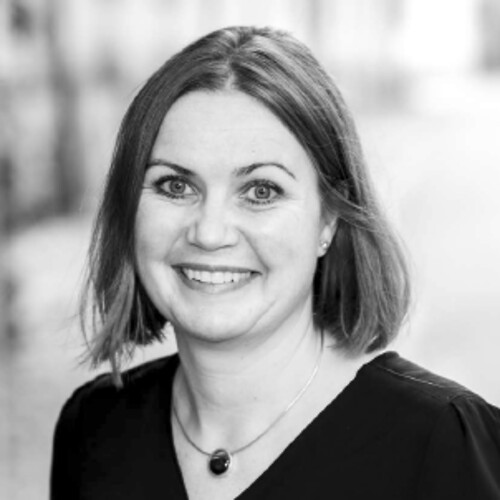
Professor
Lund University
Aquaporins (AQPs) are transmembrane proteins that are represented throughout all kingdoms of life. The aquaporin family is commonly divided into sub-groups, with the orthodox aquaporins as sole water facilitators while the aquaglyceroporins in addition to water facilitate the transport of glycerol and hydrogen peroxide. There are 13 human aquaporins abbreviated AQP0-12. AQP3 has been shown to allow both glycerol and hydrogen peroxide (H2O2) to be transported across the cell membranes. Applying single particle cryo-electron microscopy, open and closed conformations of human AQP3 were captured. At neutral pH, AQP3 is fully open while at acidic pH or in the presence of H2O2, AQP3 adopts a closed configuration due to a large conformational change of loop E. Thus, our findings demonstrate the molecular mechanism of a concentration dependent autoregulation of H2O2 and further establish AQP3 as an important factor in cellular redox homeostasis.
Lindkvist is belonging to the Department of Experimental Medical Science at Lund University. Professor Lindkvist was recruited to Lund University in 2010 in an effort to strategically build up our prioritized research area of structural biology. For Lindkvist this was a strategic move to be able to combine structural biology with microscopy on clinical samples. Lindkvist is heading a group in medical structural biology combining high resolution microscopy with Xray methods and single particle cryo-EM. Lindkvist offers exceptional know-how in structural biology, and has already made significant contributions to the discipline, providing several milestone structures with 27 unique entries in the protein data bank (https://www.rcsb.org/). At the Faculty of Medicine at Lund University, Lindkvist is the sole PI performing these types of studies, thus Lindkvist research line is unique and very successful and have resulted in several very high impact publications in Nature Communications, PNAS and Structure. She has had funding from the Swedish research council since 2007 and from Cancerfonden since 2010, and additional funding from Diabetesfonden, NNF, SSF, NordForsk and Vinnova etc.
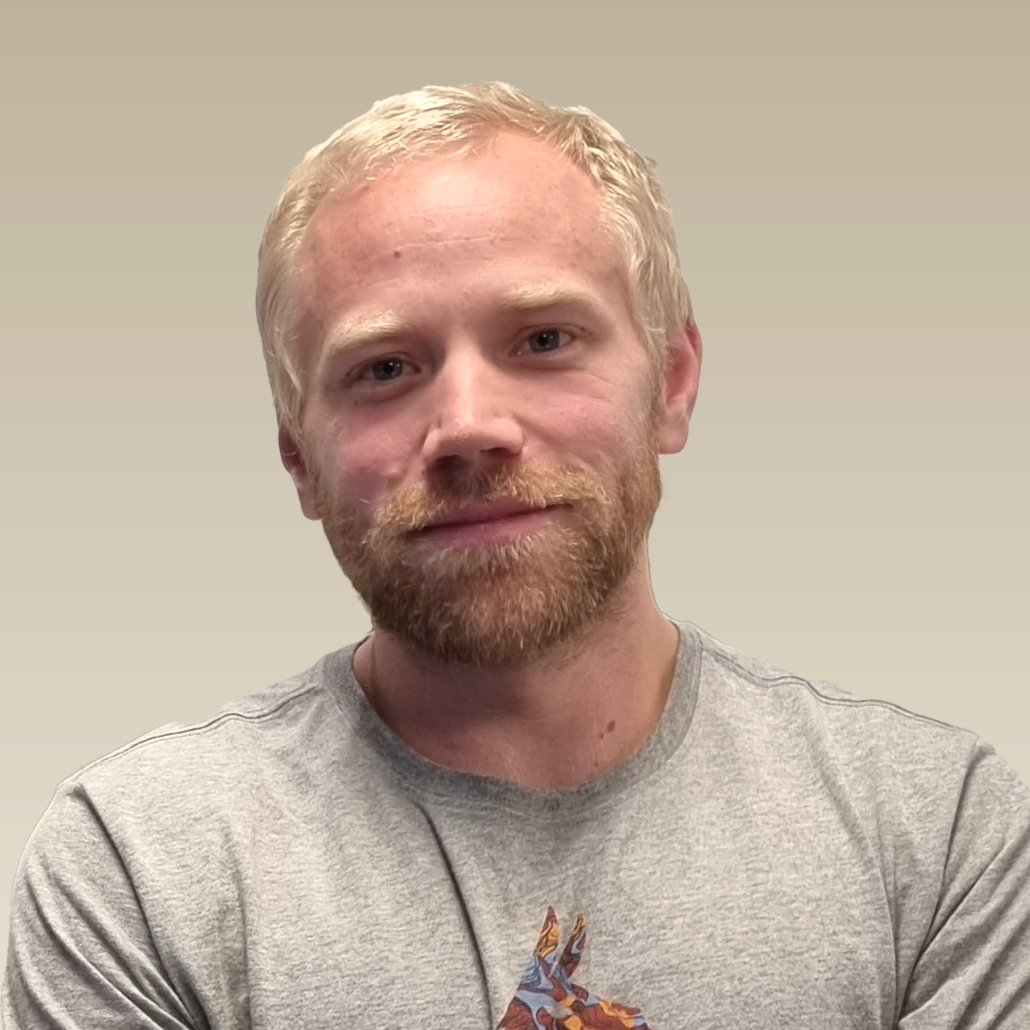
Bioprocessing Specialist and Researcher
Testa Center
Testa Center is a cutting-edge innovation hub designed to support the scale-up of bioprocesses, helping to bridge the gap between early-stage research and large-scale commercialization. It offers a collaborative environment where researchers and small to medium-sized enterprises can test, optimize, and scale their processes to industrial production. The presentation will give examples from client projects conducted in Testa Center during 2024, enabling the scale-up of important bioprocesses across different industries. These included optimizing protein production for animal vaccines, scaling up recombinant membrane protein production for sustainable water purification, advancing extracellular vesicle production for therapeutic applications, and exploring microbial oil production from non-conventional yeasts as an eco-friendly alternative to traditional oils.
Adam specializes in bioprocessing, with a strong focus on upscaling and manufacturability. He holds an MSc in Molecular Biotechnology Engineering and a PhD in microbial chemistry from Uppsala University. At Testa Center, Adam assists customers in establishing their bioprocessing operations, ensuring that processes can be efficiently scaled from the laboratory to industrial scale. He helps bridge the gap between small-scale research and large-scale production, making biopharmaceutical production more efficient and commercially viable.
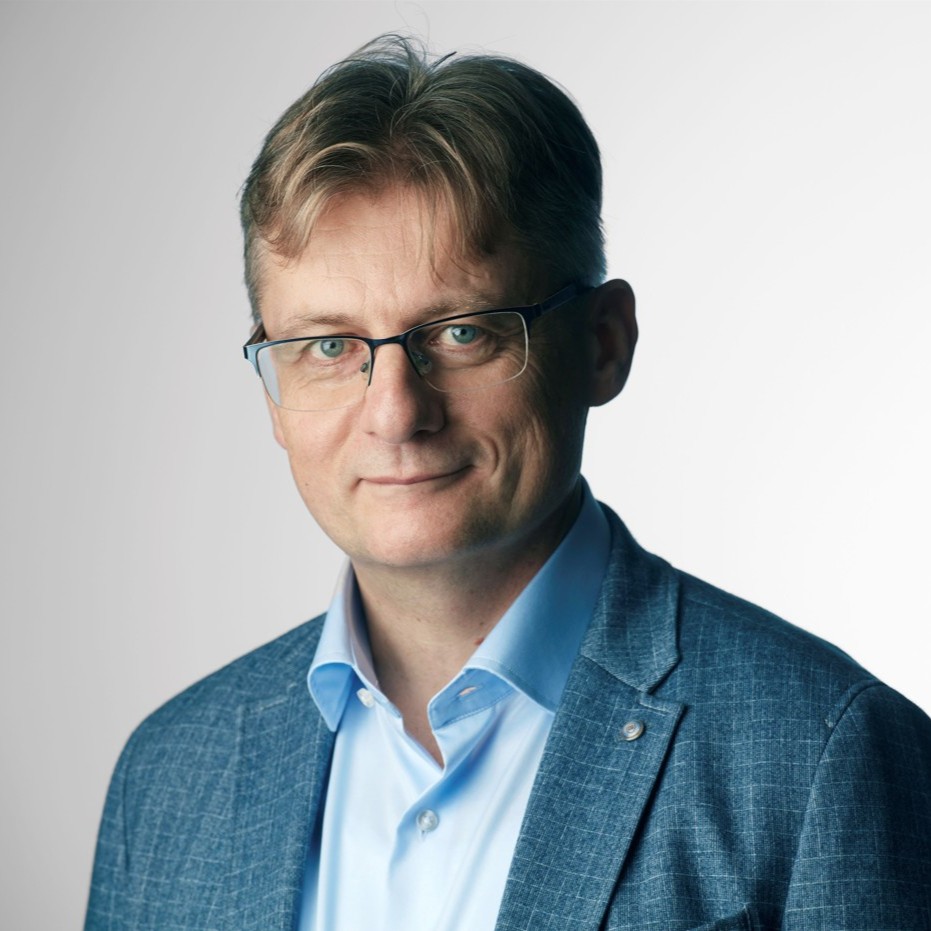
Managing Partner and Principal Consultant
Spot-on Pharma Consulting
Developing and getting a new biopharmaceutical drug approved normally takes around 10 years. Imagine if you could reduce the total development time with 1-2 years while increasing the likelihood of getting the drug approved by the health authorities!
Having a phase-dependent Target Product Profile can accelerate the development of your biopharmaceutical drug. The presentation will touch upon below three important aspects:
Erik Steffensen is managing partner and principal consultant at Spot-on Pharma Consulting. A company that he founded in 2023 after having worked for 25 years in the pharmaceutical industry within CMC, GMP Manufacturing, and Quality. Throughout his career Erik has been involved in numerous development projects within small molecules, biologics, and advanced therapy medicinal products. He has domain expertise within drug and device development covering Target Product Profile, lead candidate selection, clinical trials, product & process development, manufacturing process design, scale-up, process validation, technology transfer and regulatory submission.
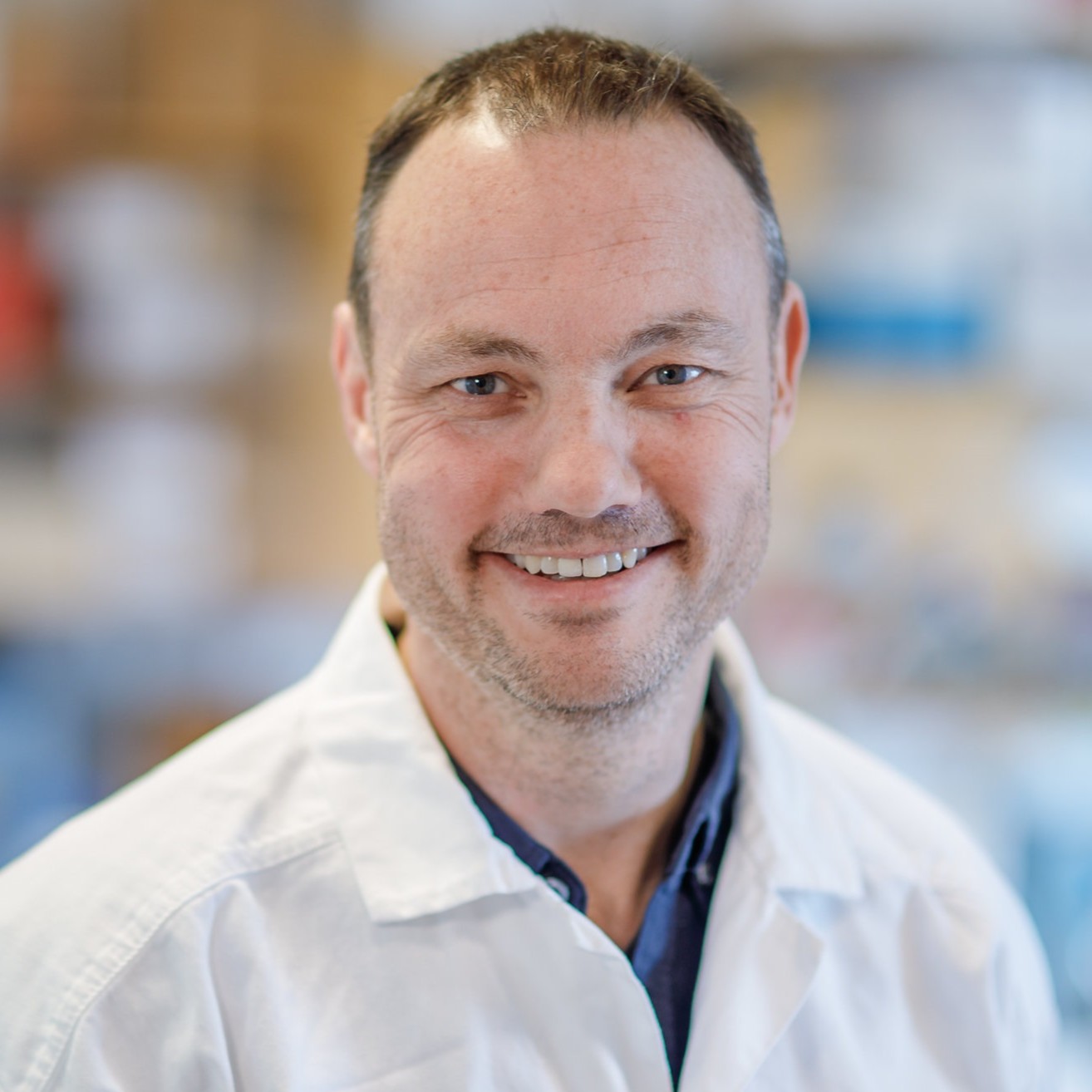
Professor in Virology, Umeå University
Secretary General, Virus- and Pandemic Foundation
The covid-19 pandemic was a wake-up call clearly showing that we have insufficient knowledge about and countermeasures against coronavirus, which constitute one family of almost 30 families of viruses that cause disease in humans. Now we have both vaccines and treatments against covid-19, but what does it look like when it comes to other viruses, their impact on public health and society, and are we better prepared to the next disease X?
Niklas Arnberg defended his thesis on molecular aspects of adenovirus cell entry, at Umeå University, where he is currently located. Niklas become professor of virology in 2011 and is co-founder and secretary general for the Swedish Virus- and pandemic foundation since 2023. Niklas engaged in media during the pandemic, with the ambition to show the impact of science to fight covid-19 and counteract vaccine-resistance. Elected by the Swedish science community, Niklas serve as a member and vice chairman of the Swedish Research Council. Niklas has a strong interest in molecular biology of virus-host interactions, with the ambition to understand virus tropism/pathogenesis, to identify targets for antiviral treatments, and for improved targeting of viral vectors for clinical applications.
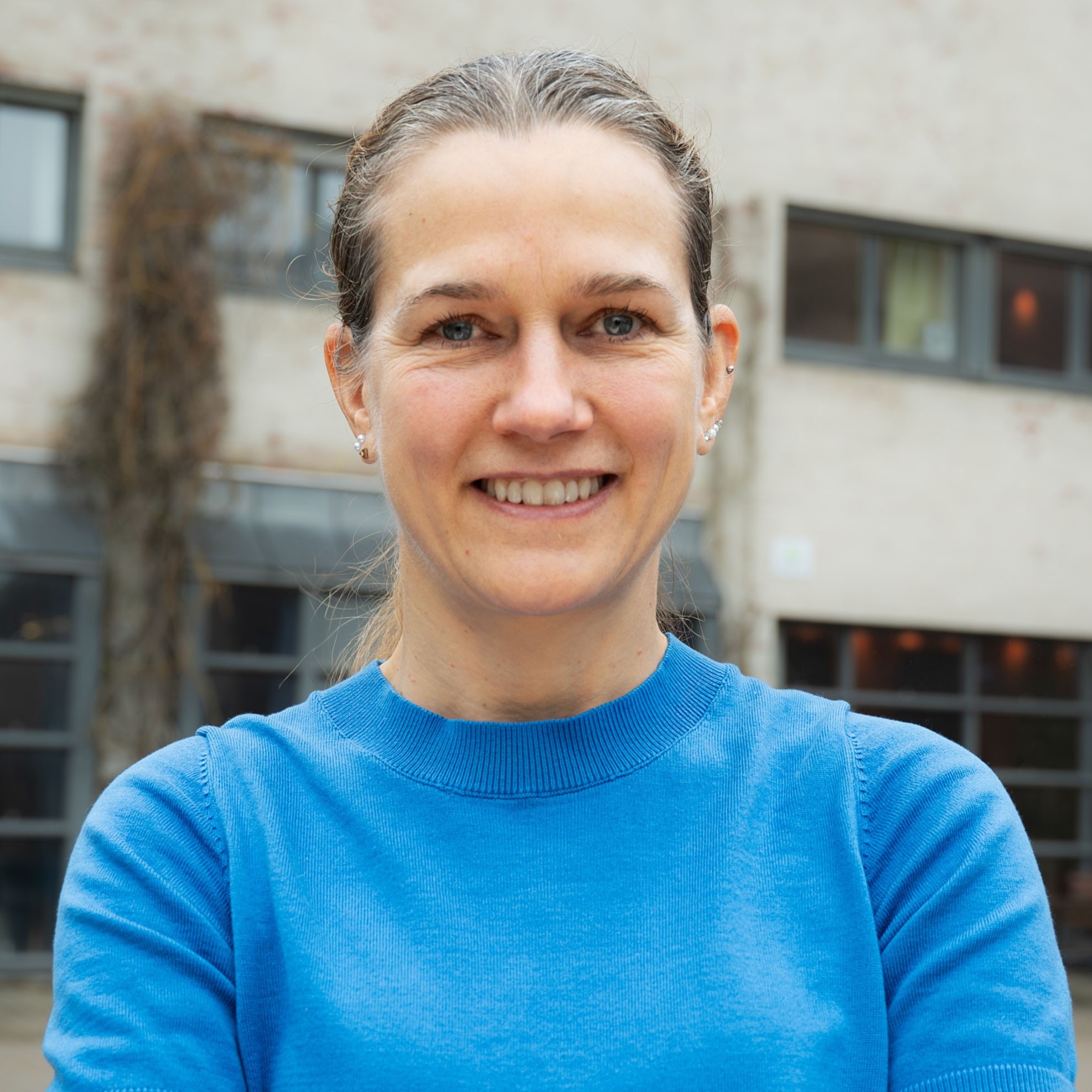
Professor in Stem Cells
Lund University ATMP Center
ATMPs (cell and gene therapies) have the potential to cure currently uncurable diseases by replacing dead or injured cells or mutated genes. Remarkable data is presented worldwide from first clinical trials where patients have been cured. Somatic cells reprogrammed to induced pluripotent stem cells (iPSC) are an unlimited source for downstream cellular products with the potential to revolutionize healthcare. The development of these advanced therapies needs novel ways for collaboration between academia, health care and industry to reach all patients in need.
Professor Anna Falk is leading a research team that are using cellular reprogramming and stem cells to create and study models of human brain development and for developing novel cell therapies. Furthermore, she is the Director of Lund University ATMP Center and Director of the preGMP facility. Anna Falk is leading the IndiCell and the StartCell projects, which are Vinnova innovation consortia for iPSC derived cell therapy.
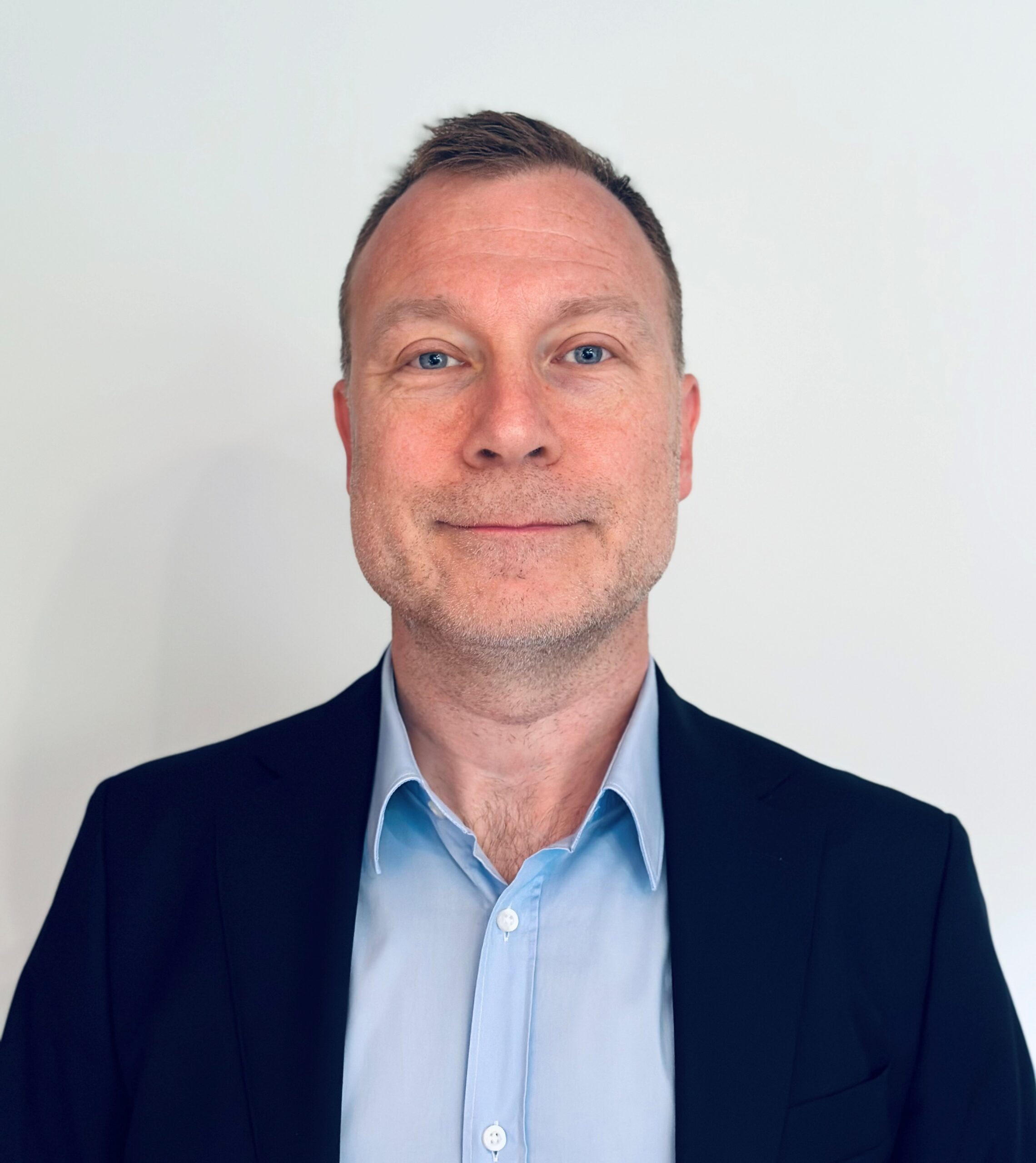
VP of CMC
Alligator Bioscience
The clinical outcomes for metastatic pancreatic cancer patients have not improved the last decade and the 5 years survival rates remains below 5%. Mitazalimab is a CD40-targeting mAb developed for first line mPDAC with phase 2 data have demonstrated significant survival benefits in combination with standard of care. The session will review clinical data and discuss some manufacturing development and operational considerations bringing mitazalimab towards registrational trials.
Martin Samuelsson is VP of CMC at Alligator Bioscience, based in Lund, Sweden. He holds a PhD from Lund University and has nearly 20 years of experience in the field of biologics CMC. Prior to joining Alligator, Martin served as Principal Scientist at BioInvent International, where he led cell line and upstream process development.
In his current role at Alligator, Martin is responsible for all CMC-related activities to ensure that the company’s lead immuno-oncology asset, mitazalimab, is prepared for Phase 3 clinical development, including process optimization, regulatory readiness, and manufacturing scalability to support late-stage trials and future commercialization.
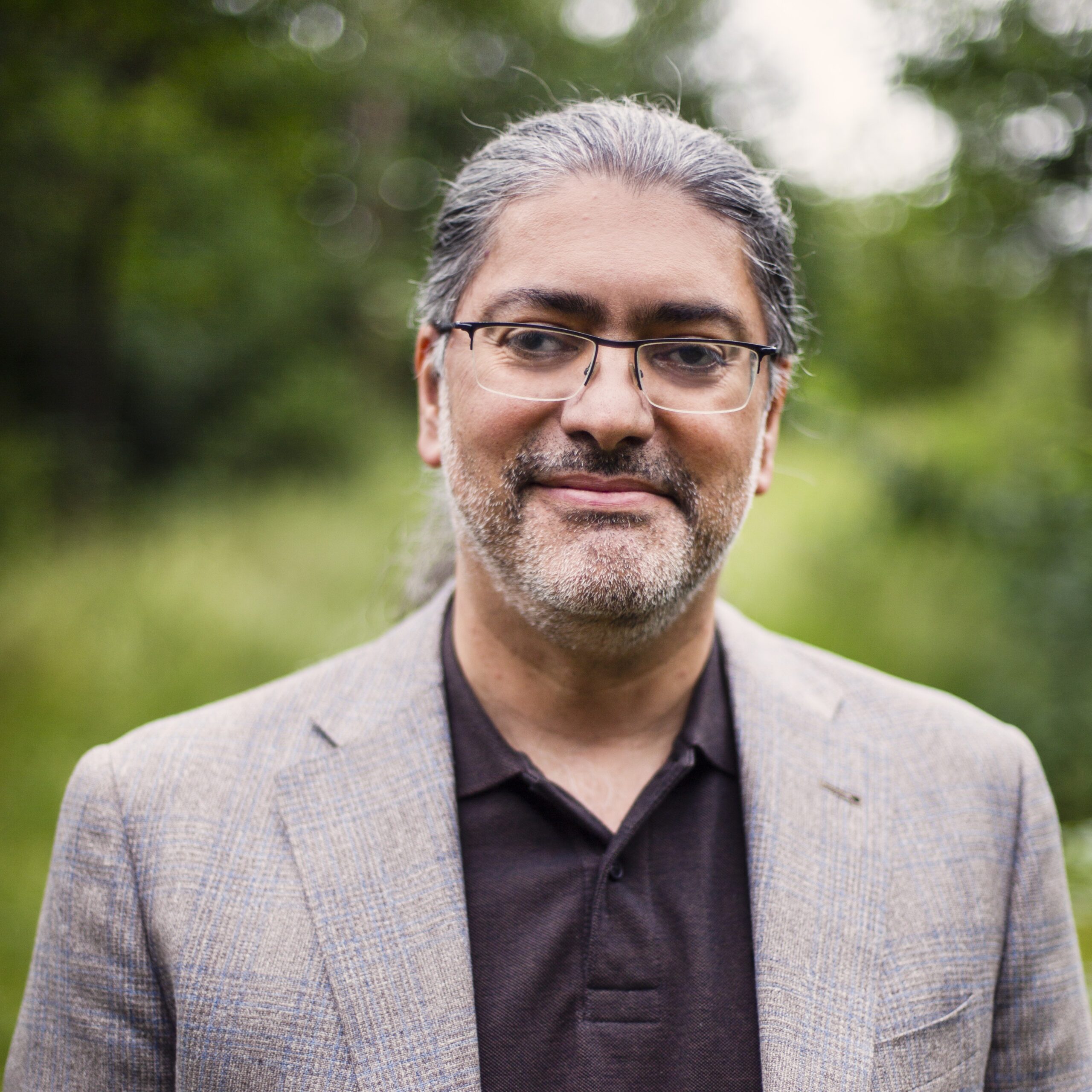
Photo: Martin Stenmark / Karolinska Institutet
Professor
Karolinska Institutet
Crimean-Congo hemorrhagic fever virus (CCHFV) is a tick-borne pathogen that causes severe disease in humans with high mortality rates and limited treatment options. Despite its widespread geographic distribution and pandemic potential, no licensed vaccine currently exists. This roadmap outlines a translational approach to vaccine development, tracing the journey from fundamental laboratory discoveries to clinical Phase I. It emphasizes key steps including antigen selection, platform optimization, preclinical validation, and evaluation in animal models. Special attention is given to the unique challenges posed by CCHFV, such as biosafety requirements, and the need for robust correlates of protection. The strategy integrates advanced molecular tools, high-containment research infrastructure, and collaborative networks to accelerate progress. Ultimately, this roadmap aims to bridge the gap between scientific innovation and public health impact, laying the foundation for a safe, effective, and accessible vaccine to protect populations at risk of CCHFV infection globally.
Ali Mirazimi is an Adjunct Professor at Karolinska Institutet. He also serves as Head of Section at the Swedish Veterinary Institute and as a Senior Expert Scientist at the Public Health Agency of Sweden. Mirazimi earned his Ph.D. in Infection Biology in 2000 from Karolinska Institutet. He subsequently held positions as a junior lecturer and molecular virologist before becoming Associate Professor in 2006. From 2004 to 2010, he led the BSL-4 Virology Unit at the Centre for Microbiological Preparedness. Since 2023, he has chaired the Swedish Society for Virology. Mirazimi’s research focuses on the molecular pathogenesis of emerging viruses, particularly the role of innate immunity in viral replication. His group develops vaccines, antivirals, and diagnostics for diseases like Crimean-Congo hemorrhagic fever and Ebola.
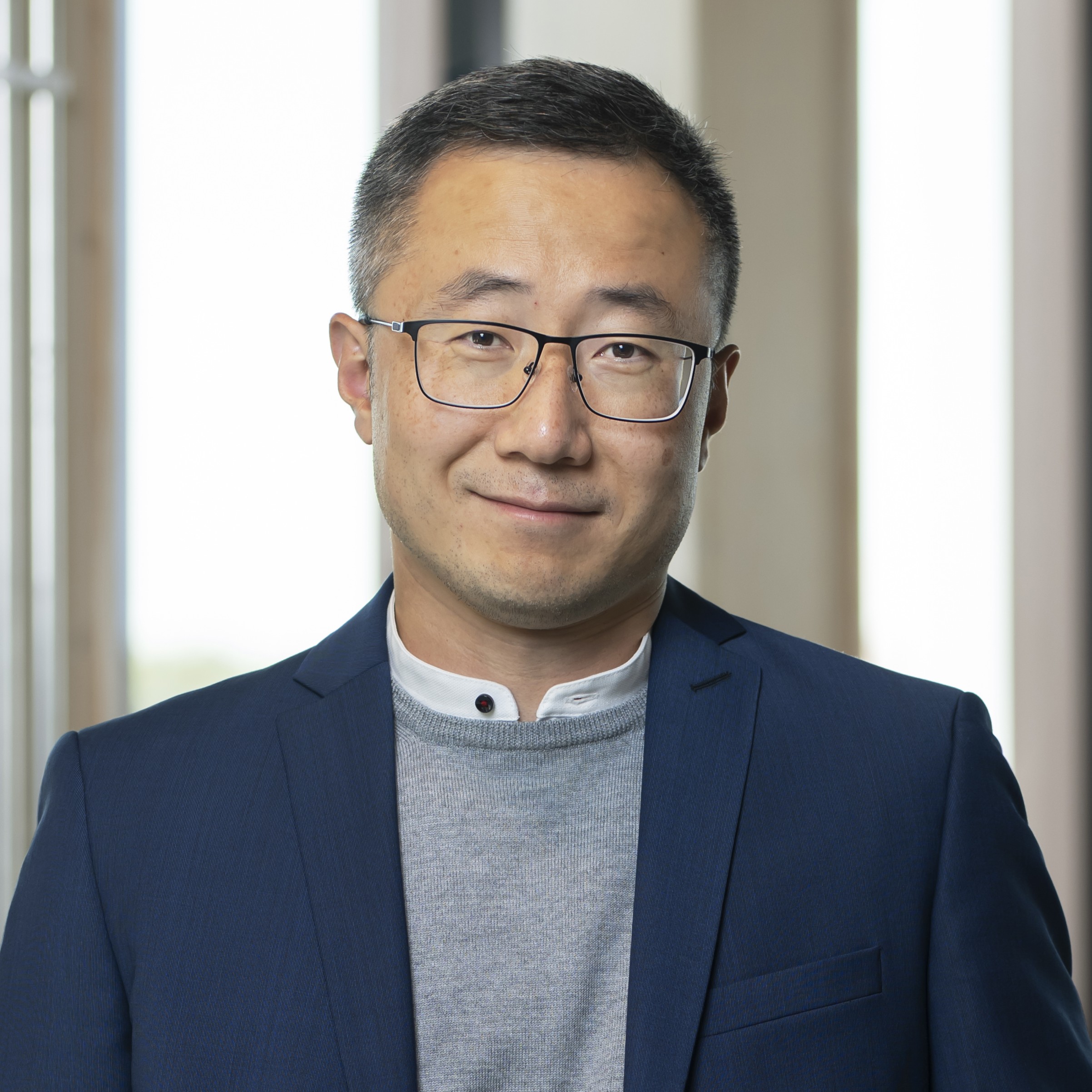
PhD, Process Development Manager & Team Lead
CCRM Nordic
CCRM Nordic is a newly established not-for-profit organization dedicated to addressing bottlenecks in the translation and commercialization of advanced therapy medicinal products (ATMPs). Based in Gothenburg, Sweden, we support ATMP innovators across the Nordics and Europe. Currently, we are developing in-house capabilities for manufacturing various cell types critical to cell and gene therapies, including chimeric antigen receptor (CAR) T cells and pluripotent stem cell (PSC)-derived cell types.
This abstract outlines our ongoing efforts to establish multiple CAR T cell manufacturing workflows that meet the needs of Nordic ATMP developers. We are integrating state-of-the-art, automated, and closed systems into our manufacturing processes to enhance reproducibility while minimizing risks of human error and contamination. Our platforms include modular systems such as the Sepax™ C-Pro, Sefia Select™ system, Xuri™ W25 cell expansion system, and G-Rex® system, alongside functionally integrated systems like the CliniMACS Prodigy®. These systems enable us to meet the demands for scalability, flexibility, and compliance with Good Manufacturing Practice (GMP) during ATMP development.
Furthermore, we are establishing analytical assays to measure various critical quality attributes (CQAs) of CAR T cell products, including cell viability, purity, transduction efficiency, cytokine release, and antigen-specific cytotoxicity, etc. Additionally, we are assessing key immunological characteristics, such as memory phenotype, activation, exhaustion, and the CD4/CD8 ratio of CAR T cells. These capabilities will provide a strong foundation for advancing the development, translation, and commercialization of cellular immunotherapies in the Nordics.
Chao conducted his PhD projects at the Chinese Academy of Sciences in Beijing, followed by postdoctoral studies at the University of Bonn and the German Center for Neurodegenerative Diseases. His work focused on developing human stem cell models for cellular reprogramming, disease modeling, and drug discovery. From 2018 to 2024, he was a Global Product Manager at Miltenyi Biotec in Germany, driving the development of automated, closed, and GMP-compliant cell therapy manufacturing solutions. Since August 2024, Chao has been the Process Development Manager & Team Lead at CCRM Nordic in Sweden, leading efforts to develop, optimize, and implement manufacturing processes for cell and gene therapies, advancing novel therapeutic approaches in the Nordics.
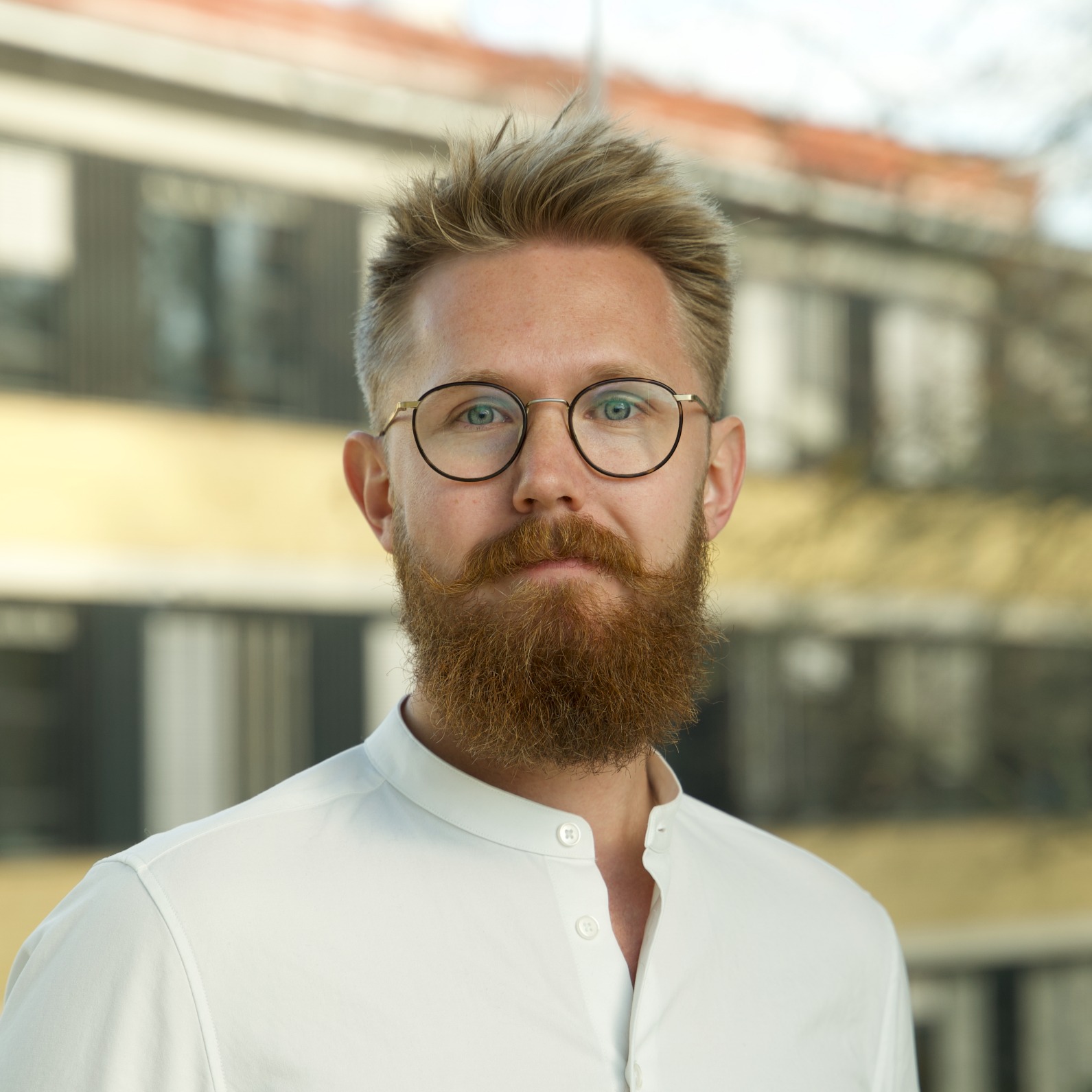
VenomAid Diagnostics
Snakebites remain a neglected tropical disease, causing significant mortality and morbidity worldwide, especially in resource-limited settings. Current diagnostic options are either unavailable or too slow, often delaying critical treatment. This presentation will outline how VenomAid Diagnostics is developing innovative rapid diagnostic tools specifically designed for snakebite envenomation. Furthermore, we will share the current progress in creating affordable, scalable solutions that integrate seamlessly into existing healthcare workflows, with the ultimate goal of improving patient outcomes and reducing the global burden of snakebite envenoming.
Jonas Arnold Jürgensen-Breum is the CEO and Co-founder of VenomAid Diagnostics, a company dedicated to transforming snakebite care through accessible diagnostic technologies. With a background in molecular biomedicine from the University of Copenhagen, he has led research and development efforts that bridge antibody based diagnostics with practical, scalable healthcare solutions. Jonas has been actively involved in the life science community, including roles in organizations like Synapse – Life Science Connect and Nucleate Denmark, where he currently sits on the advisory board. He is committed to driving VenomAid’s mission to save lives by making rapid, accurate diagnostics available to underserved communities worldwide.
Denna webbplats använder cookies för att säkerställa att du får den bästa upplevelsen på vår webbplats. Du kan alltid hantera dina inställningar i rutan här.
Hantera dina cookie preferenser här:
Bidrar till att tjänsten är säker och fungerar som den ska och för att komma ihåg dina cookie-inställningar. De går därför inte att stänga av.
Statistikcookies samlar in information anonymt. Denna information hjälper oss att förstå hur våra besökare använder vår webbplats.
Google Analytics is a powerful tool that tracks and analyzes website traffic for informed marketing decisions.
Service URL: policies.google.com
Hitta mer information i vår Cookie Policy.